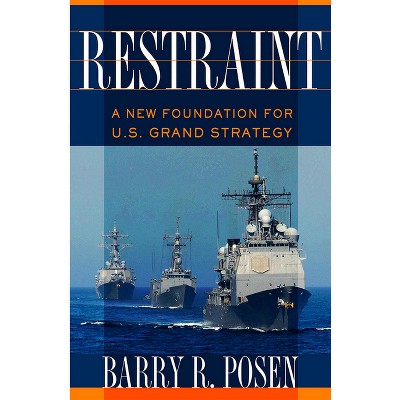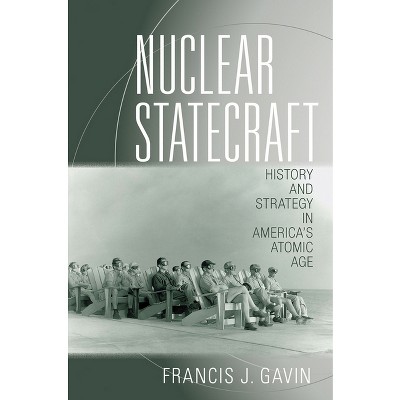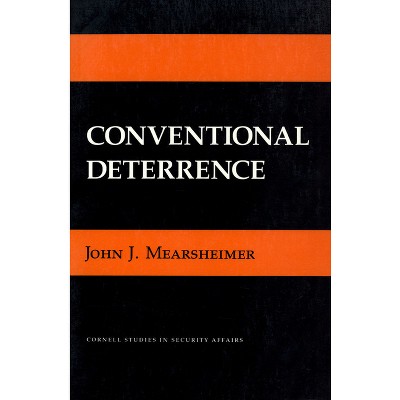Leaders at War - (Cornell Studies in Security Affairs) by Elizabeth N Saunders

About this item
Highlights
- One of the most contentious issues in contemporary foreign policy--especially in the United States--is the use of military force to intervene in the domestic affairs of other states.
- About the Author: Elizabeth N. Saunders is Assistant Professor of Political Science and International Affairs at George Washington University.
- 312 Pages
- Political Science, American Government
- Series Name: Cornell Studies in Security Affairs
Description
About the Book
Examining the the role played by the threat perceptions of heads of state in national foreign and military policies.
Book Synopsis
One of the most contentious issues in contemporary foreign policy--especially in the United States--is the use of military force to intervene in the domestic affairs of other states. Some military interventions explicitly try to transform the domestic institutions of the states they target; others do not, instead attempting only to reverse foreign policies or resolve disputes without trying to reshape the internal landscape of the target state. In Leaders at War, Elizabeth N. Saunders provides a framework for understanding when and why great powers seek to transform foreign institutions and societies through military interventions. She highlights a crucial but often-overlooked factor in international relations: the role of individual leaders.
Saunders argues that leaders' threat perceptions--specifically, whether they believe that threats ultimately originate from the internal characteristics of other states--influence both the decision to intervene and the choice of intervention strategy. These perceptions affect the degree to which leaders use intervention to remake the domestic institutions of target states. Using archival and historical sources, Saunders concentrates on U.S. military interventions during the Cold War, focusing on the presidencies of Eisenhower, Kennedy, and Johnson. After demonstrating the importance of leaders in this period, she also explores the theory's applicability to other historical and contemporary settings including the post-Cold War period and the war in Iraq.
Review Quotes
Saunders's work is readable and accessible, and should be of great interest to anyone who cares about presidential leadership and the use of military force.... She makes a convincing case for the importance of the individual in these critical decisions, especially the need to calibrate ends and means. Her observation that presidents appear to be slow learners should be a sobering assessment for the concerned citizen.
--David A. Crockett "Political Science Quarterly"About the Author
Elizabeth N. Saunders is Assistant Professor of Political Science and International Affairs at George Washington University.











